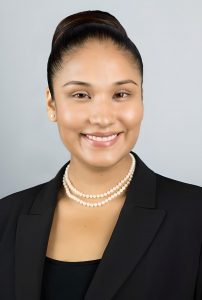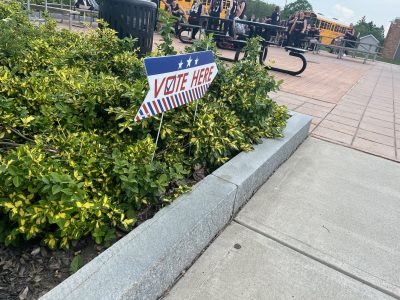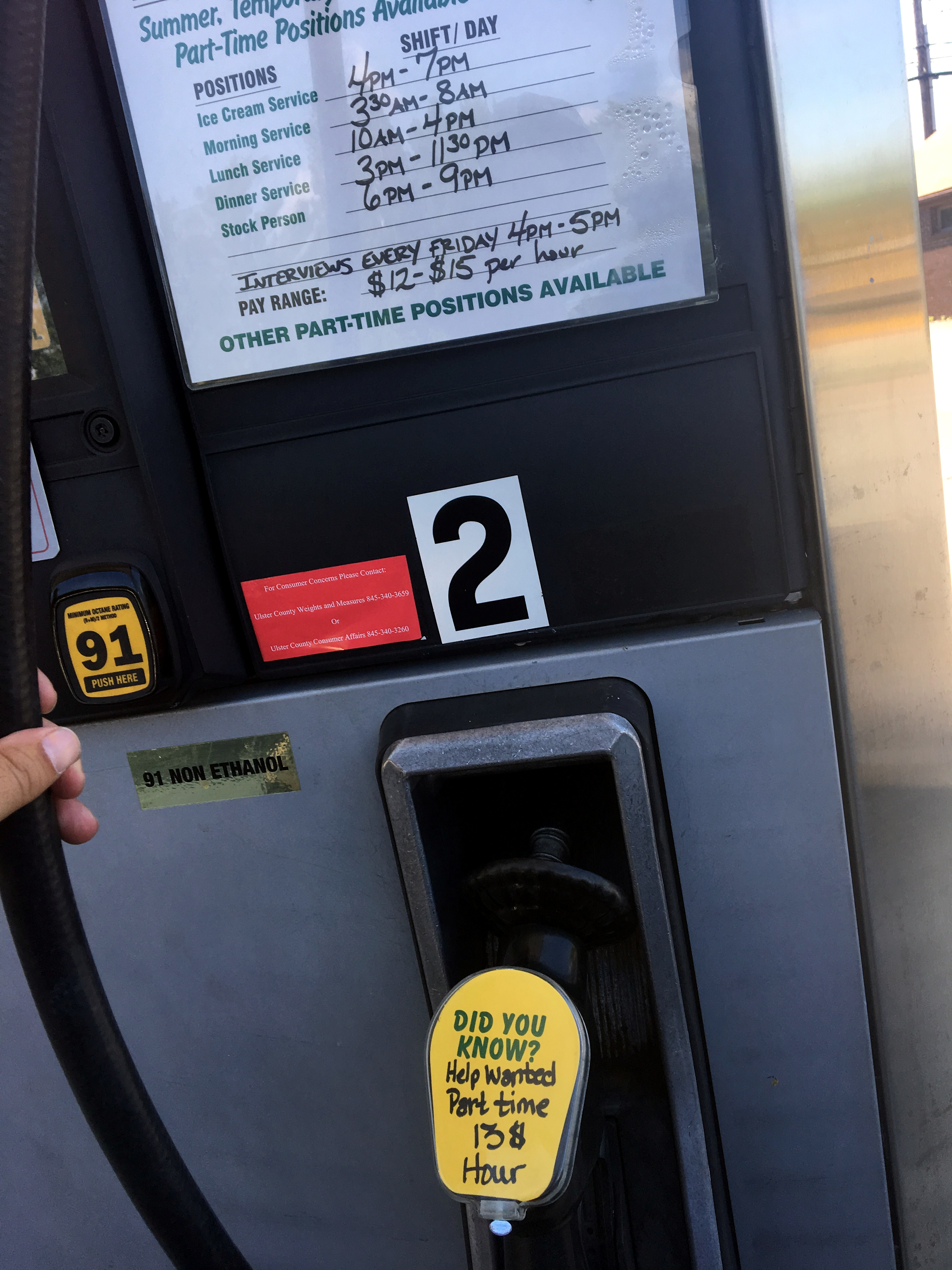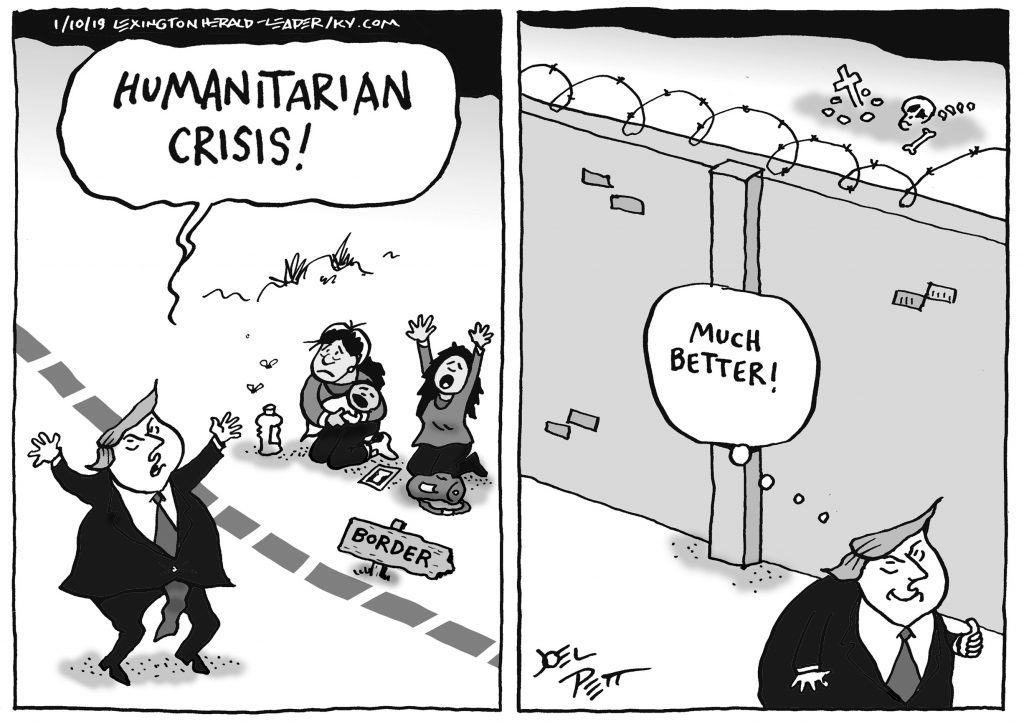By Na’ilah Amaru
Special to Campus News
I’ll never forget the first time I voted. As a college student and Democrat living in Texas in the early 2000s, I felt invisible. Then, in 2004, I cast my first ballot. While my preferred presidential candidate lost, the experience was still transformational. I realized that I wasn’t just voting for a candidate, I was claiming my power and voice in the voting booth.
For college students balancing the demands of school, work, and family obligations, it can be easy to feel overextended and politically powerless. But I learned in Texas 20 years ago that when we show up to vote or make a choice, we assert our power, and that is when we start to make a difference.
With a presidential election on the horizon, this is a crucial time for college students to exercise their political power.
Here are some lessons I’ve learned about building political power, especially when time is short, and life seems overwhelming.
Recognize Your Political Power
Political power is the ability to influence decisions, policies, and leadership. It’s the ability to shape the world around you by contributing to who holds office and what policies get passed. In a democracy, this power comes from people, not just elected officials or policymakers. Democratic political power is collective; when we join forces, our voices are amplified, and our ability to create change becomes much stronger.
Identify Issues That Matter to You
Before we can build political power, we need to understand what drives us. The first step is identifying the political issues that resonate most with you. What issues affect you the most? Is it education affordability? Climate change? Racial justice?
It’s also important to consider your community’s needs. As students, many of us live, work, and learn within a specific community. What are the challenges that your community faces? Are there issues of underfunding, accessibility, or representation? These questions can help identify opportunities for coalition-building. By focusing on issues that impact both you and your community, you can begin to connect with others who share your concerns and are motivated to act.
When I moved to New York in 2012, I was surprised to find there was no option for early voting. Voters only had one day to cast their ballots. For students and people juggling multiple jobs, that limited window made voting nearly impossible. Concerned that my voice might not be heard, I looked for ways to get involved and found the #LetNYVote coalition, which worked to change state law and allow early voting. Through this group, I helped organize press conferences, rallies, meetings with elected officials, and draft talking points. I trained hundreds of grassroots activists to spread the word about the need for change. In January 2019, both legislative chambers voted to pass early voting. Thanks to the collective efforts of concerned New Yorkers, we pushed our representatives to make voting more accessible and inclusive.
Vote to Preserve Your Power and Our Democracy
Voting is the most direct way to influence political outcomes, and it’s also one of the easiest ways to make your voice heard. Make sure that you are registered to vote and have a plan for voting on or before Election Day — Nov. 5.
In addition to voting for president, you also get to vote for local and state officials who have a direct impact on community issues and the issues that likely matter most to you and your fellow constituents.
Beyond voting, college students can organize voter registration drives. This is an incredibly effective way to ensure that your peers are registered to vote and ready to participate in elections.
Turnout efforts are equally important. It’s not just about getting people registered; it’s about making sure they show up on Election Day. Hosting early voting events, working with existing organizations and local election boards, or even offering transportation to the polls can increase turnout.
Engage With Elected Officials
Engaging with your elected officials is another way to exercise political power. This could be as simple as writing an email or calling your local representatives about issues that matter to you. Representatives at the local, state, and national levels are there to serve their constituents, and they listen when enough people raise concerns.
You can also attend community or town hall meetings. These public forums provide an opportunity to ask questions, voice concerns, and build relationships with political leaders.
Organize Your Community
Once you’ve identified issues that matter to you and people you know, try community organizing. Community organizing brings a coalition of people together around shared concerns to advocate for policy changes. It has been one of the most successful methods of influencing politics.
As students, you have a built-in community in your school, making it an ideal place to start organizing. Your coalition might include fellow students, faculty, local residents, and community organizations. Together, you can strategize on how to tackle the issue, whether that means meeting with elected officials, organizing protests, or gathering petitions.
Now is the Time to Act
As college students, you have the power to shape the future by voting in this year’s election if you’re eligible and, beyond that, by using your voice to influence politics.
My own story is a testament to how advocacy can lead to meaningful change. From a college student unsure of the power of her own voice, I have since led coalitions to secure voting rights and criminal justice reform, to fight for policies that empower underrepresented communities. Through my work, I have seen how everyday people, by showing up and speaking out, can make a lasting impact. By voting, organizing, and standing up for the issues that matter to you, you too can be part of driving change. Your participation in our democracy is not only a right but a means to create a more just and equitable society.
Your voice matters. Use it wisely.
 Na’ilah Amaru is a Political Science Ph.D. student at the CUNY Graduate Center and a political strategist and campaign adviser based in New York City.
Na’ilah Amaru is a Political Science Ph.D. student at the CUNY Graduate Center and a political strategist and campaign adviser based in New York City.








Facebook Comments